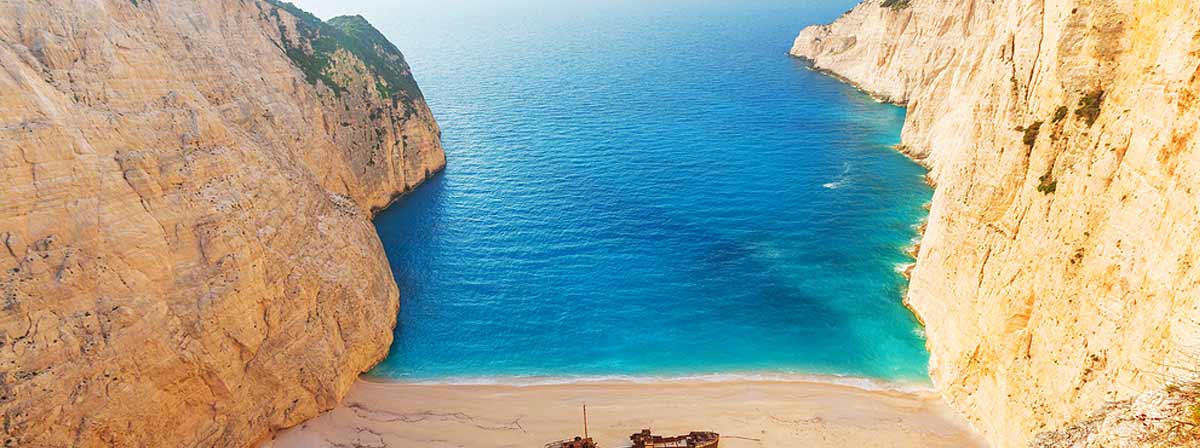
In Greece, the official language is Greek, spoken by 98% of the population. The largest minority language is Macedonian, spoken by 1.8% of the population. Others include Albanian, spoken in the centre and the south, and Turkish, spoken by Muslim communities around the Aegean. These minority languages do not have official status. There are some minority dialects also spoken, like Cypriot Greek and Cretan Greek.
English, Spanish, French and Italian are taught in schools and widely understood. The great thing is that if you have children they do seem able to absorb languages easily, and unless your Greek is very good they will soon be translating for you.
Hanging out with friends is becoming difficult as the economic crisis drives many younger people abroad to look for work. Yet with the balmy weather and beautiful countryside, what could be more delightful?
The cultural history of Greece gives us a huge number of interesting sites to visit, exhibitions and museums. They also enjoy folk song and dance as well as the tradition of theatre. Athens has 120 theatres, although not all are functioning at present.

Tourist information centres have a generous amount of information on the sites to visit, and the local library will have details of the culture – theatre, music, art, exhibitions and so on.
Greece tends to be a patriarchal society, at least in rural areas. The family is the main focus for Greeks and so you will find plenty to do for all ages – including a vibrant nightlife. The main centres are in Athens, Thessalonica and Patras, and the night life is booming despite the economic uncertainties.
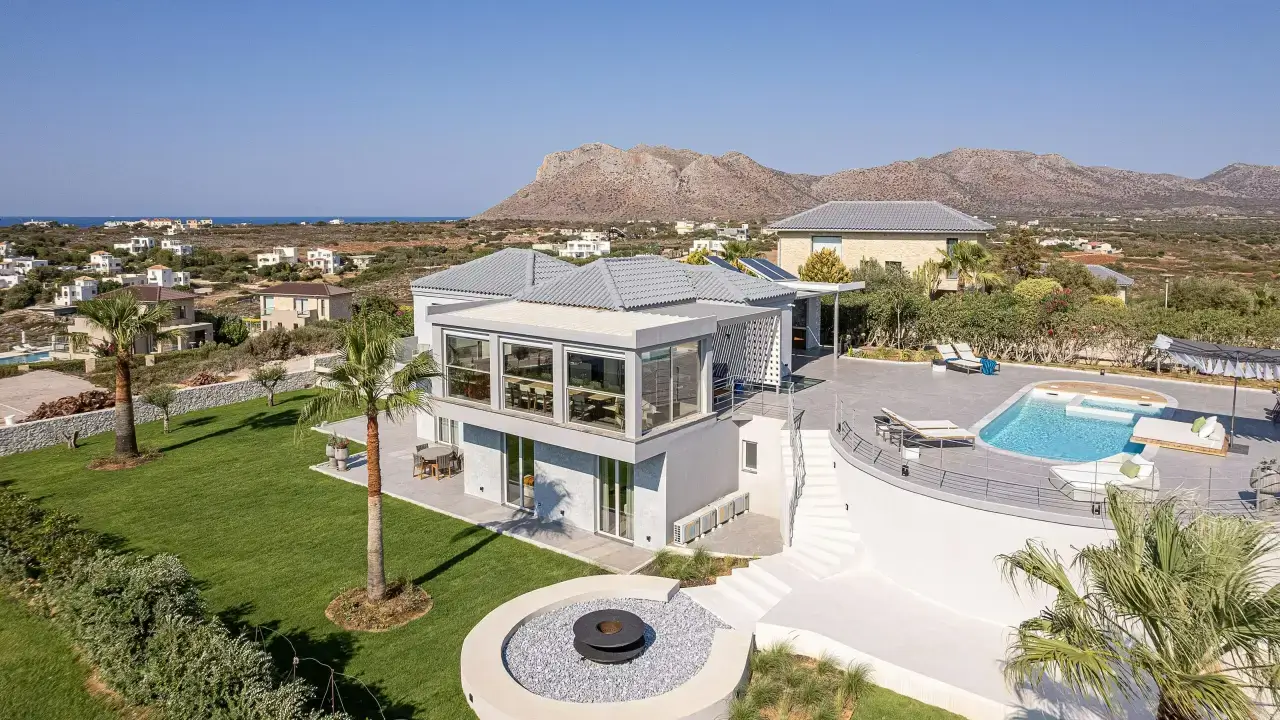 Greek Golden Visa: A Guide for UK Citizens
Greek Golden Visa: A Guide for UK CitizensGreek Golden Visa: A Guide for UK Citizens For UK citizens looking for a way to secure European…
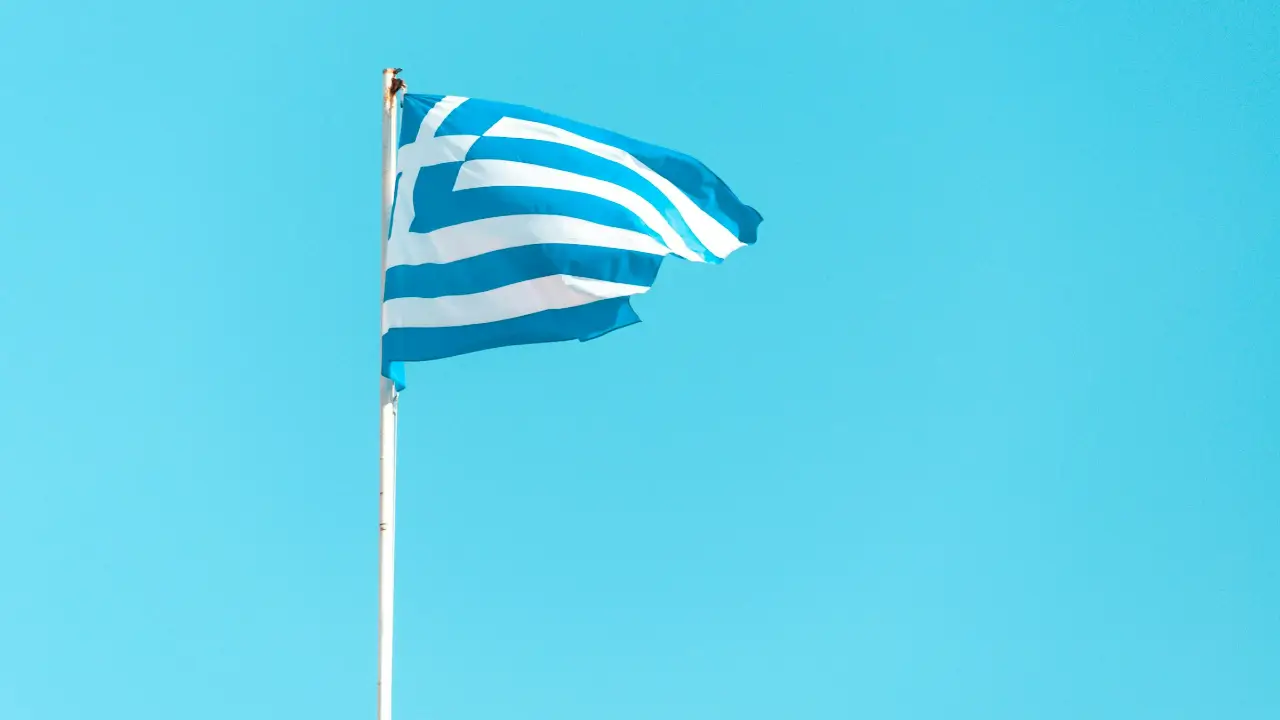 How to Get a Greek Visa as a UK Citizen: A Step-by-Step Guide
How to Get a Greek Visa as a UK Citizen: A Step-by-Step GuideHow to Get a Greek Visa as a UK Citizen: A Step-by-Step Guide Greece is a popular destination…
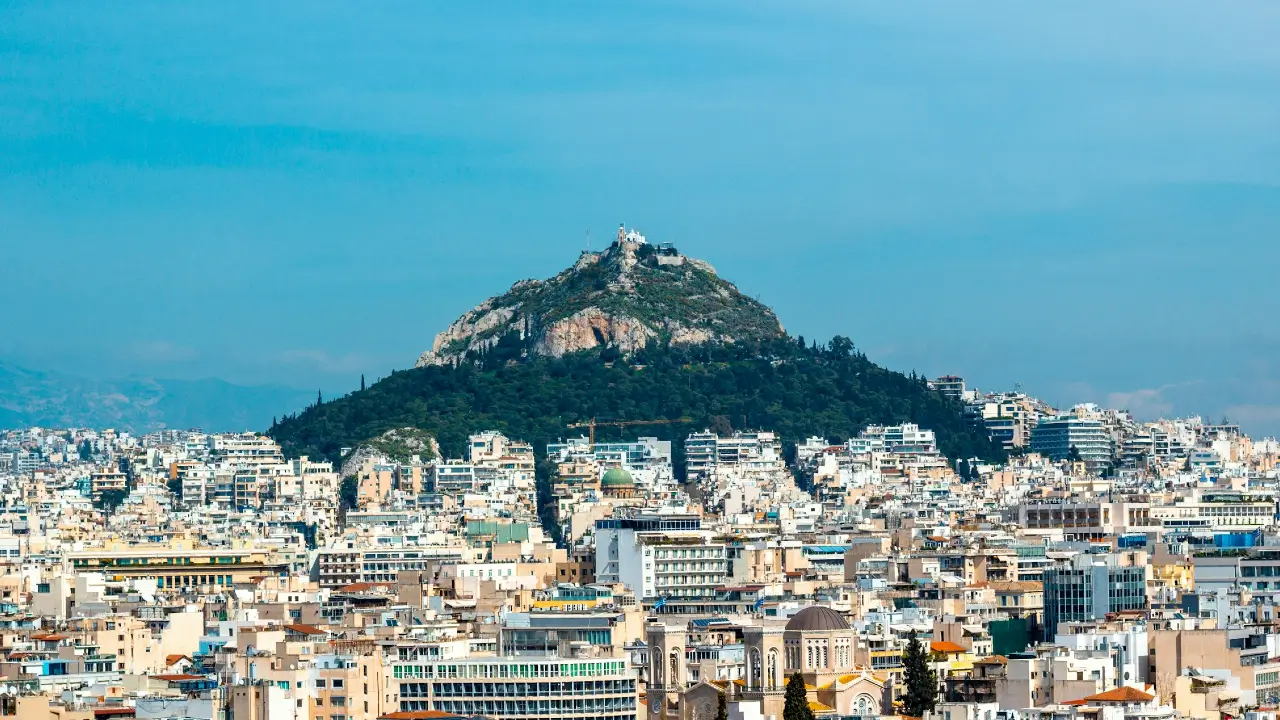 Buying Property in Greece as a UK Citizen: What You Need to Know
Buying Property in Greece as a UK Citizen: What You Need to KnowBuying Property in Greece as a UK Citizen: What You Need to Know For many UK citizens, buying…
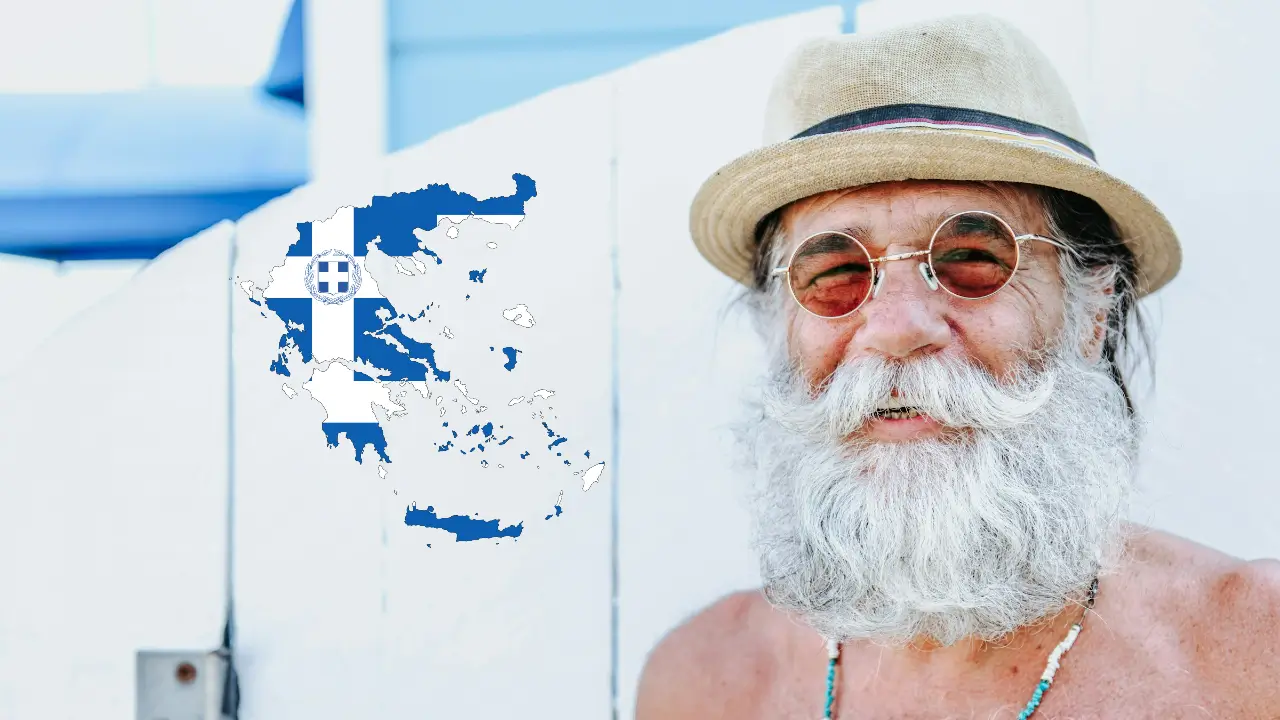 Retiring in Greece: Guide for UK Citizens
Retiring in Greece: Guide for UK CitizensRetiring in Greece: Guide for UK Citizens Retiring in Greece is a popular choice for many UK citizens,…